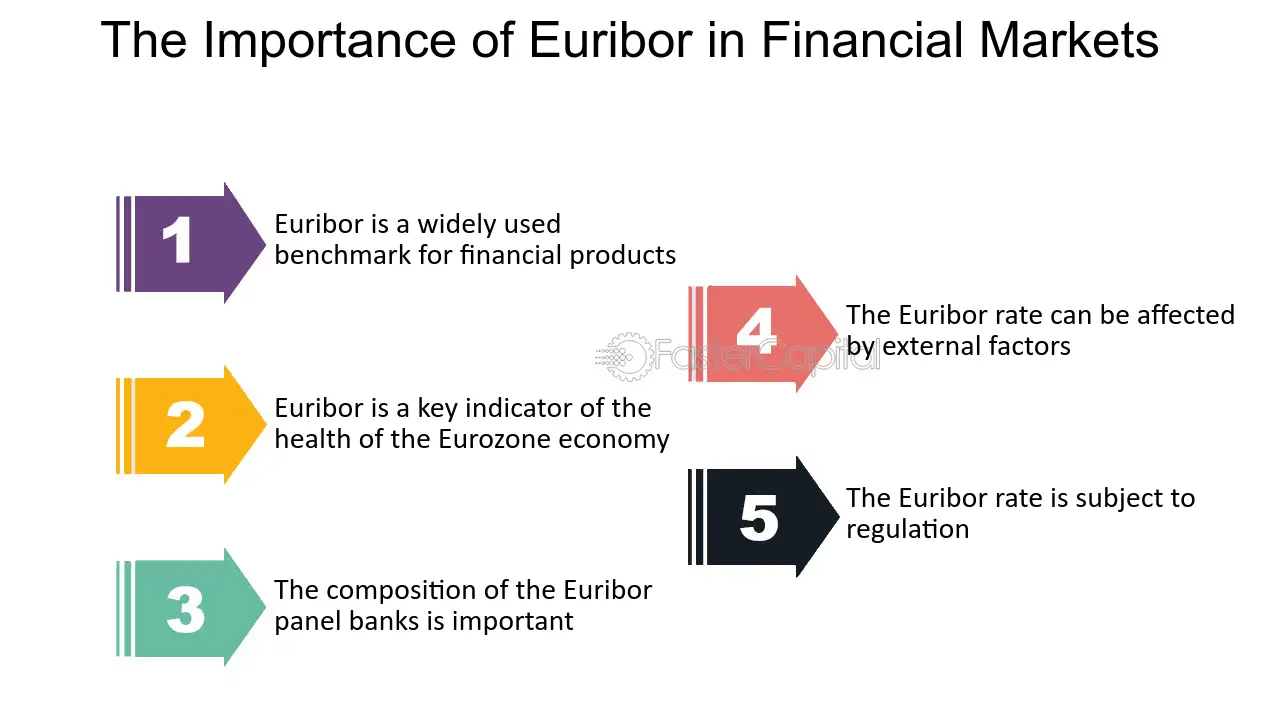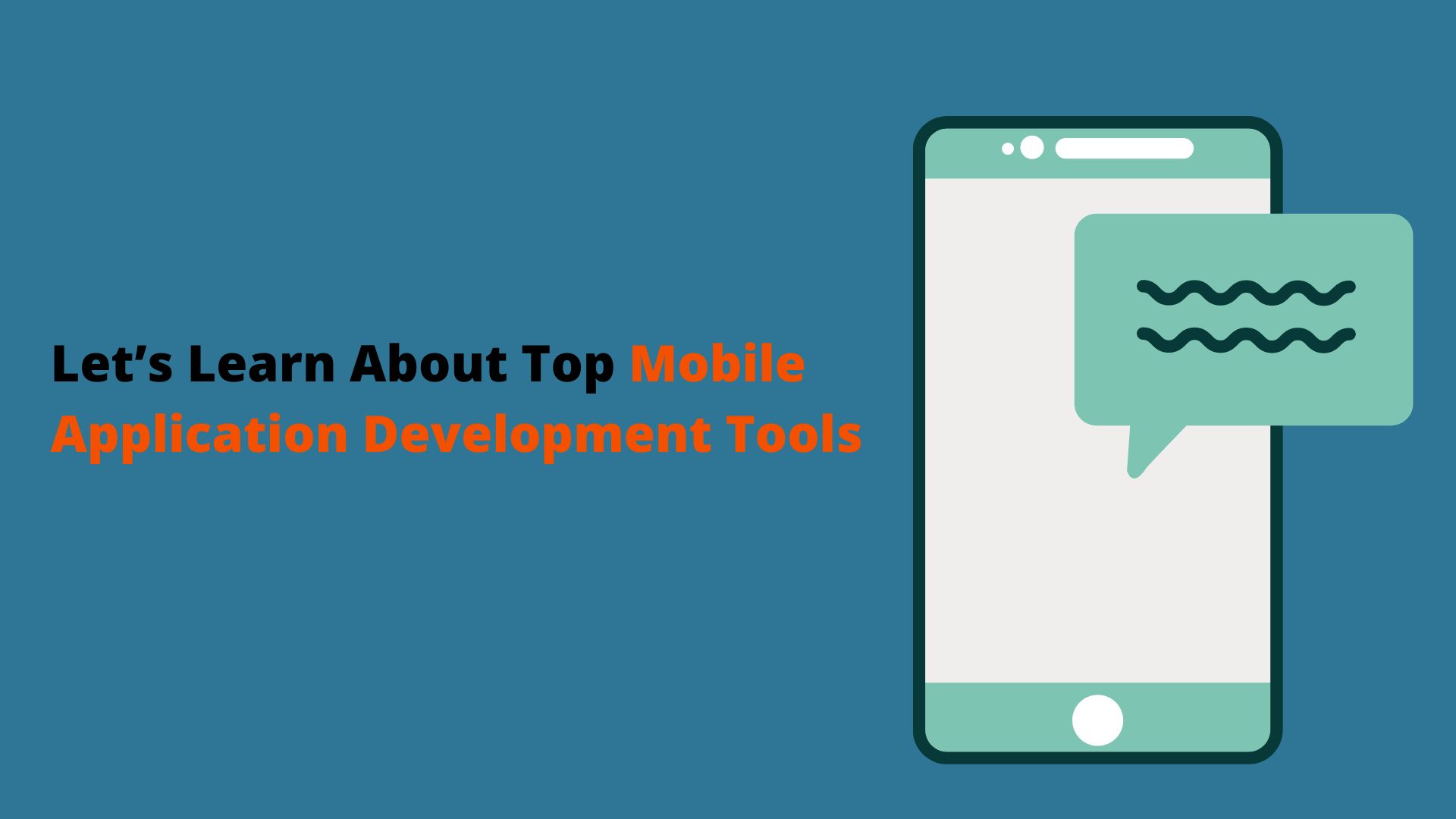While it may seem like a tough choice between quality or costs, it’s best to have it all out on the table in terms of which tools you have to choose from!
According to Gartner, more than 75% of enterprises will adopt at least one mobile application development platform to accelerate their digital business transformation strategy. With the ever-increasing number of devices, companies have started developing mobile applications to increase the ease of access to their information and services to their customers. So how do they accomplish this? By Mobile Application Development Tools.
Mobile app development tools are software programs that developers use to create, test, and deploy mobile applications for various platforms like iOS, Android, and others. These tools provide developers with an efficient and effective way to build high-quality mobile apps that can run on a variety of devices. These are used to simplify and streamline the app development process, saving developers time and effort while also improving the quality of the final product.
Types of Mobile App Development Tools
Native mobile application tools help create specialized high-quality apps with ease. It can take advantage of all features on its designated platform. The other type, Cross-platform mobile app development tools help in cutting costs, and time required to create an app. Such non-platform-specific applications tend to have more issues and lower quality compared to native applications.
Why tools are used in mobile app development?
Here are some of the key reasons why tools are used in mobile app development:
- Efficiency: App development tools can automate repetitive tasks and provide templates and pre-built components that can help developers build apps more efficiently. This can speed up the app development process and reduce the time it takes to bring an app to market.
- Consistency: Mobile app development tools can help ensure consistency across an app’s design and functionality, helping developers maintain a coherent user experience and reduce the likelihood of bugs or glitches.
- Cost-effectiveness: By automating certain tasks and streamlining the development process, mobile app development tools can help reduce development costs, making it more cost-effective for businesses to create high-quality apps.
- Accessibility: App development tools can help make app development more accessible to a wider range of people, even those without advanced technical skills, by providing easy-to-use interfaces and drag-and-drop functionality.
- Collaboration: Many mobile app development tools are designed to enable collaboration between team members, allowing developers, designers, and project managers to work together more effectively and efficiently.
Name Some Important and Popular Mobile App Development Tools (General, Universally Applicable for Cross Platform App Development)
Based on current trends and popularity, some of the best mobile app development tools in 2023 could include:
- Integrated Development Environments (IDEs): These are software tools that provide a comprehensive environment for developing and testing mobile apps. Examples include Android Studio for Android app development and Xcode for iOS app development.
- Software Development Kits (SDKs): These are collections of software tools, libraries, and APIs that allow developers to build mobile apps for a particular platform. Examples include the Android SDK and iOS SDK.
- Cross-platform frameworks: These are software development tools that enable developers to create mobile apps that can run on multiple platforms using a single codebase. Examples include React Native, Flutter, and Xamarin.
- App design tools: These are software tools that help developers to design the user interface (UI) and user experience (UX) of mobile apps. Examples include Adobe XD, Sketch, and Figma.
- Mobile app testing tools: These are software tools that help developers to test their mobile apps and identify any issues or bugs before releasing them to the public. Examples include Appium, TestFlight, and Firebase Test Lab.
- Backend services: These are cloud-based services that provide app developers with a range of functionalities, including data storage, authentication, and push notifications. Examples include Firebase, Amazon Web Services (AWS), and Microsoft Azure.
- Android Studio: A popular Integrated Development Environment (IDE) used for building Android apps.
- Xcode: An IDE used for developing iOS apps for iPhone, iPad, and Mac.
- React Native: An open-source framework used for building cross-platform mobile apps using JavaScript and React.
- Flutter: Another open-source framework used for building cross-platform mobile apps using the Dart programming language.
- PhoneGap: A mobile app development framework that allows developers to build apps using web technologies such as HTML, CSS, and JavaScript.
- Ionic: A hybrid app development framework that allows developers to build cross-platform mobile apps using web technologies such as HTML, CSS, and JavaScript.
- Xamarin: A cross-platform app development framework that allows developers to build apps using C# and .NET.
- Adobe XD: A user interface design tool used for creating wireframes, prototypes, and designs for mobile apps.
- Sketch: A vector graphics editor used for creating designs and user interfaces for mobile apps.
- Figma: A web-based design tool used for creating designs, wireframes, and prototypes for mobile apps.
- Xcode: The primary tool for developing iOS apps, Xcode is continually updated and provides excellent debugging tools.
- Visual Studio Code: A lightweight and customizable code editor, Visual Studio Code offers a range of extensions and integrations that make it a popular choice for mobile app developers.
- Kotlin: A programming language that is becoming increasingly popular for Android app development, offering concise syntax and fewer bugs.
- Sketch: A vector graphics editor that offers excellent features for designing and creating user interfaces for mobile apps.
- Firebase: A backend-as-a-service platform that offers excellent features for app development, including analytics, messaging, and authentication.
Which tools are suitable for Android App Development?
There are many mobile app development tools available for Android app development. The best one for you will depend on your specific needs and level of expertise. Here are a few popular options to consider:
- Android Studio: This is the official integrated development environment (IDE) for Android app development. It is a powerful and versatile tool that provides a range of features for developing, testing, and debugging Android apps.
- Xamarin: This is a cross-platform development tool that allows you to build Android apps using C# and .NET frameworks. It also provides a range of tools for testing and debugging your app.
- React Native: This is an open-source framework for building mobile apps using JavaScript and React. It is a popular choice for building cross-platform apps, including Android.
- Flutter: This is an open-source UI toolkit for building natively compiled Android (and iOS) apps from a single codebase. It uses the Dart programming language and provides a rich set of customizable widgets and tools for developing beautiful and fast apps.
- PhoneGap: This is a popular open-source development framework for building cross-platform mobile apps using web technologies like HTML, CSS, and JavaScript. It also provides a range of tools for building, testing, and debugging your app.
Which tools are suitable for iOS App Development?
When it comes to iOS app development, there are several popular mobile app development tools to choose from. Here are some of the most popular ones:
- Xcode: This is the official integrated development environment (IDE) for iOS app development. It is a powerful and versatile tool that provides a range of features for developing, testing, and debugging iOS apps.
- React Native: Similar to android, this is an open-source framework for building mobile apps using JavaScript and React. It is a popular choice for building cross-platform apps, including iOS.
- Swift: This is a programming language developed by Apple specifically for iOS and macOS app development. It provides a modern and intuitive syntax that is easy to learn and use.
- Flutter: Similar to android, this is an open-source UI toolkit for building natively compiled iOS (and Android) apps from a single codebase. It uses the Dart programming language and provides a rich set of customizable widgets and tools for developing beautiful and fast apps.
- PhoneGap: Similar to android, this is a popular open-source development framework for building cross-platform mobile apps using web technologies like HTML, CSS, and JavaScript. It also provides a range of tools for building, testing, and debugging your app.
Best Takeaway
Mobile app development tools play a critical role in the app development process, enabling developers to create high-quality mobile apps efficiently and effectively. These are used to simplify and streamline the app development process, making it faster, more efficient, and more accessible while also improving the quality of the final product. Ultimately, the best tool for you will depend on your specific needs and experience level. Consider your goals, resources, and technical expertise when choosing a development tool. Ultimately, the best tool for you will depend on your specific needs and experience level. Consider your goals, resources, and technical expertise when choosing a development tool.








